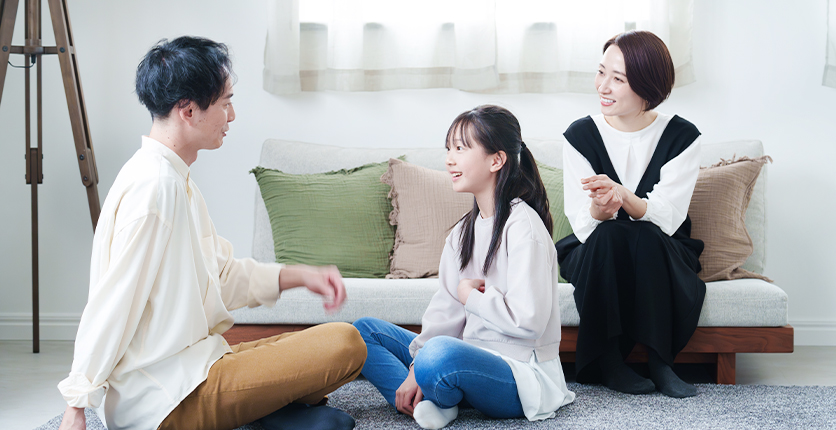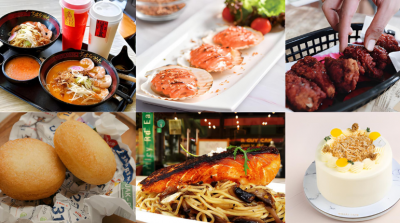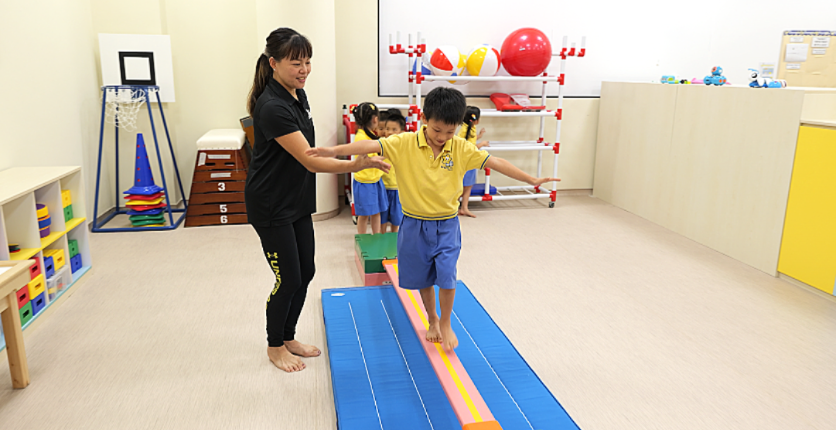No parent wants to see their child struggle alone, but then again, no parent also wants to see their child being perpetually dependent on parental care. So, how can parents provide their children the guidance they need without doing so excessively?
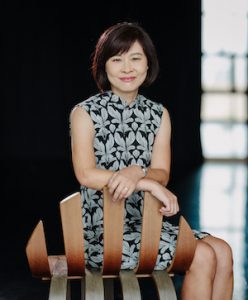
President of the Nanyang Academy of Fine Arts (NAFA), University of the Arts Singapore and former principal of CHIJ St. Nicholas Girl’s School and Anderson Secondary School, Mrs Tan-Soh Wai Lan, who is also an author and mother of three grown-up children, understands this conundrum not just from a professional standpoint, but also a personal one.
Read the first half of Wai Lan’s interview here, where she shares about what it means to want the best for our children.
In part 2 of her interview, Wai Lan shares how it is crucial that parents and children alike embrace mistakes as part of the journey, the importance of open-hearted communication, and the role gratitude plays in spreading positivity in a family.
Here to guide, not to fish

Wai Lan offers a simple, yet profound adage for parents looking to find that balance. “I believe it’s always better to teach them to fish than to fish for them. We’re their protectors and guides, not spoonfeeders,” she says.
An advocate for self-directed learning, she believes that to teach good habits is to let children learn the consequences of their actions (or lack thereof). She recalls a time when one of her daughters, who was in Primary 4 at the time, was assigned to complete a group project with three other classmates. Unfortunately, the trio that she found herself working with was just as disorganised as she was. “They just couldn’t agree on anything,” she shared, “The parents of her group mates called me a few times to join them to help the children complete their project. But I always said no.”
It wasn’t that Wai Lan didn’t want to help her daughter, but she wanted to let her deal with unfavourable circumstances on her own. “If we help rescue them for a better grade, they will not experience what they ought to do as a student. We need to allow them to respond to the real consequences of inaction and poor decisions, and school is the safest place for them to truly grasp these implications,” she muses. In fact, this may also be a more reliable way to deter them from poor planning or impulsive behaviour.
During term breaks, Wai Lan would get her children to do up their own timetables on how they would like to spend their holidays. “It doesn’t have to be entirely centred around school obligations like homework. They would plan which places they would like to visit, what they wanted to do, and we would go through this schedule together as a family. Of course, they might not fulfil all of their plans, but that creates an opportunity for us to do a post-assessment of how they can better manage their time and responsibilities in future,” she shares.
Keep talking!

And this isn’t just strictly for parents. Wai Lan believes that relationships flourish best when both parties are willing to not just express themselves authentically, but also listen compassionately.
“As parents, we really should walk the talk. Perhaps you were not chosen for a special assignment, or you had a disagreement with your colleagues. Don’t feel like you need to hide this from your children! They need to know that they aren’t alone in dealing with setbacks, and that it isn’t the end of the world when things don’t work out,” she advises, though she also cautions parents not to overshare in the process. “Of course, the last thing we want is for our kids to worry about us. Share enough for them to understand your challenges. Come up with possible solutions, almost like case studies, where both you and your kids can collaborate on a positive, productive approach to real-life issues.”
Wai Lan also makes it a point to remind parents in her schools that while they should share their own anecdotes, it is equally important to listen to their children’s life happenings as well. By giving them the space to share their observations and feelings, parents can then better identify any potential red flags and intervene accordingly. In her book, An Attitude of Gratitude, she shared this personal story, “My two older children had always assimilated well in school, so I assumed that would be the case for my youngest child. Like I did with her siblings, I gave her lots of worksheets and assessments to practise on. One day, she repeatedly voiced out that her chest was uncomfortable. We sent her for a thorough medical examination, worried that she might have a heart affliction. Turns out, she was physically healthy, perfectly so. But the mental stress of the worksheets was affecting her,” she recalled. “It was kind of a rude awakening for me – that all of my children are different. I started to give my youngest child more freedom to do her own revisions, at her own pace and affirmed her for her efforts. Just half a year later, she caught up with her peers and exceeded mine as well as her own expectations.”
For Wai Lan, it was a sober realisation that beyond all else, she simply wants her children to grow up healthy, happy and confident. And to provide them the affirmation that they truly have done their best, and make sure it comes from a place of love.
A hint of gratitude every single day

As the core theme of her book An Attitude of Gratitude, thankfulness is the cornerstone of any working relationship. And it doesn’t have to be expressed through over-the-top gestures. “For all my kids and students, I task them to note down daily three simple things they are grateful for in a journal. It could be something nice their friends said to them, or an everyday observation which resonates with them. The only guideline they need to follow is that their lists have to be different every single day,” says Wai Lan.
She is one to walk the talk, having hand-written over 50 messages of appreciation for her many mentors and friends when she embarked on a gratitude project some years back. “The actual expression of gratitude brings me so much joy and happiness. Not only am I reminded of the many people in my life who have been there for me, but also that I am given the opportunity to make their day a little brighter,” she explains.
On that note, she wants to emphasise that her sharing here is not intended to teach or lecture parents, but rather provide a perspective that is largely guided by her own experience with children. No parenting journey is perfect – like your kids, you will make mistakes along the way – and that’s fine! With unconditional love as your compass, and gratitude as your map, you can trust your steady steps on the path ahead.
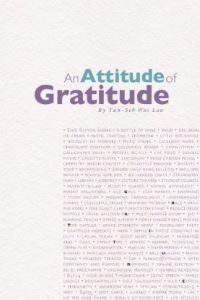 “An Attitude of Gratitude” is a heartfelt tribute to the many blessings Mrs Tan-Soh Wai Lan has experienced throughout her remarkable life journey. The book chronicles the various roles she has undertaken — often simultaneously — as student, scholar, teacher, mother, school leader, and now, author. She reflects on how a spirit of gratitude has shaped her passionate commitment to nurturing our greatest resource: our youths. Get her book from the Straits Times Press at stbooks.sg/an-attitude-of-gratitude
“An Attitude of Gratitude” is a heartfelt tribute to the many blessings Mrs Tan-Soh Wai Lan has experienced throughout her remarkable life journey. The book chronicles the various roles she has undertaken — often simultaneously — as student, scholar, teacher, mother, school leader, and now, author. She reflects on how a spirit of gratitude has shaped her passionate commitment to nurturing our greatest resource: our youths. Get her book from the Straits Times Press at stbooks.sg/an-attitude-of-gratitude
Want more articles like this, and other lifestyle content right in your inbox? Download the new SAFRA mobile app and opt in for the eNSman Newsletter – you don’t need to be a SAFRA member to subscribe – and never miss another story!
